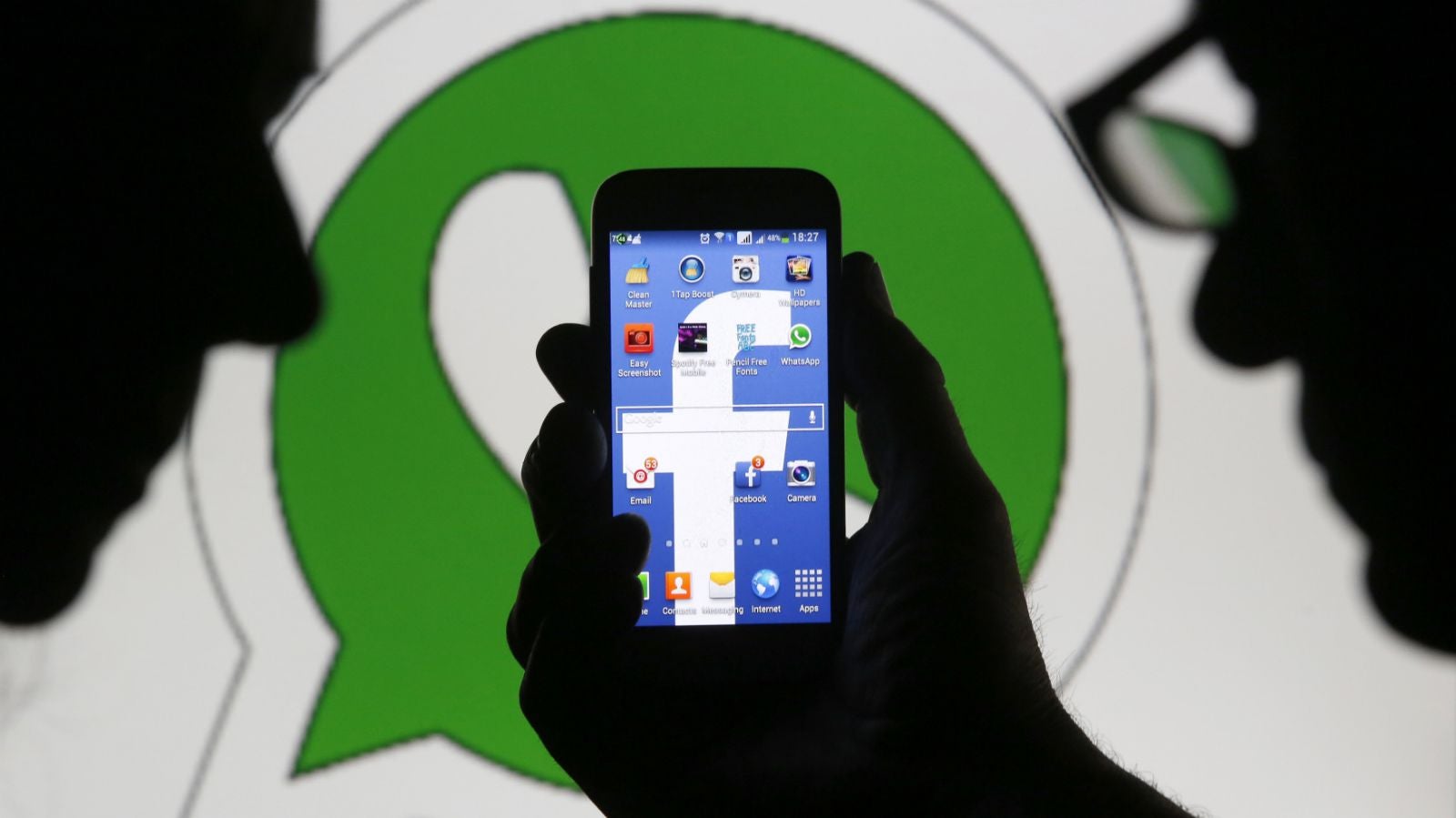The Indian government has a new anti-corruption weapon that’s stashed in your phone
In all, India has around 117 million smartphone users—the third highest in the world after China and the United States. It also has 70 million active users of WhatsApp, the mobile messaging service that was acquired by Facebook earlier this year.


In all, India has around 117 million smartphone users—the third highest in the world after China and the United States. It also has 70 million active users of WhatsApp, the mobile messaging service that was acquired by Facebook earlier this year.
That means about 60% of all Indian smartphone users are connected on the messaging platform—and about 3 million new users are taking to WhatsApp every month.
The ubiquity of the application is now prompting government and law enforcement agencies to use it as a tool for reaching out, particularly to report on erring officials.
Food department
The Delhi government’s department of food and public distribution started its WhatApp helpline this month to fix the state’s rickety public distribution system. The helpline has been set up so that people can inform the authorities if local fair price shops—that sell cheap food grains, pulses and sugar—are cheating customers. Officials say that they will investigate based on the photos and videos sent on the WhatsApp helpline, and consumers will also be notified about the results of the investigation.
Railways
On Aug. 5, the Indian Railway’ Bhopal division started its WhatsApp account to help passengers register complaints and provide feedback on services. The responses from the passengers would be then saved on a central system.
Within just three days, the railways received 3700 messages complaining about the poor quality food at railway stations and transgressions of railway officials. But relying on technology has its problems as well: Out of those 3700 messages sent to the railways, bulk of them were pornographic clips and obscene jokes.
Police
The Delhi Police launched its WhatsApp helpline on Aug. 6 allowing people to send audio and video messages for reporting corrupt police officials. The clips are tested at the Forensic Science Laboratory and police officials can be suspended if the clips are found to be authentic. Within just three days of its launch, the Delhi police got five complaints through the helpline and action was taken against three police officers.
In October, Delhi’s police also formed four WhatsApp groups comprising residents of Delhi’s Trilokpuri—the neighborhood that was hit by sectarian clashes the same month—to report about any suspicious activities in the area.
Traffic police
Delhi’s traffic police has its own WhatsApp helpline, where people could send messages pointing out traffic violations, illegal parking or broken traffic signals. Earlier this year in April, police in Kochi also started a similar helpline asking people to send information about traffic violators in the city.
Elections
During the assembly elections in Maharashtra in October, the state’s excise economic intelligence unit—which tracks the sales of alcohol—formed a WhatsApp group to keep an eye out for political parties buying votes with booze. “At the district level, reports are being filed on a daily basis. They are first captured through WhatsApp groups and then fed into our software, which compiles the data and makes a daily report of the entire state,” an official explained.